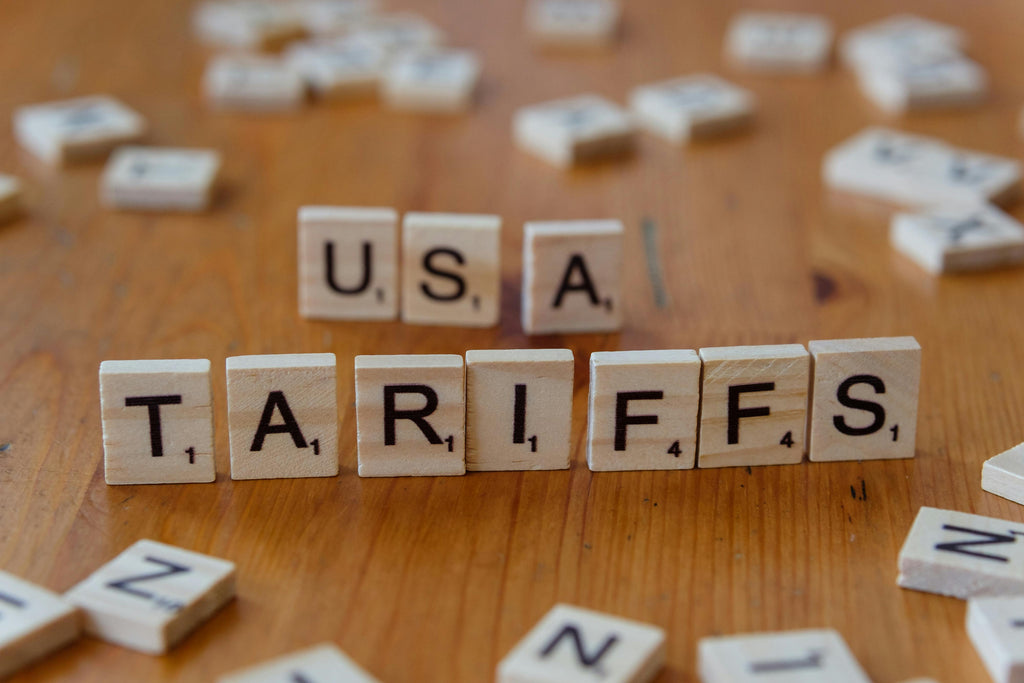
How Tariffs Are Brewing Trouble: The Real Cost of Coffee in a Changing Global Economy

How Tariffs Are Brewing Trouble: The Real Cost of Coffee in a Changing Global Economy
At Elephas Coffee, we believe every cup tells a story—from the farmers who nurture the beans to the conscious choices made by coffee lovers like you. But behind the scenes, a complex web of global trade policies is quietly influencing the journey of your favorite brew. Recent tariff implementations are reshaping the coffee industry, affecting everything from production costs to the price in your cup.
A Surge in Coffee Tariffs
In a historic move, the United States has introduced its first tariffs on coffee imports since colonial times. These measures include a 46% duty on Vietnamese coffee, 32% on Indonesian coffee, and 10% on beans from Central and South American countries like Brazil and Colombia. Vietnam, a key supplier of robusta beans used in instant and ready-to-drink coffee, is particularly impacted. These tariffs could add approximately $2,500 per ton for U.S. buyers, with robusta futures currently around $5,390 per ton. Source
Impact on Coffee Prices
The introduction of these tariffs is exerting upward pressure on coffee prices. For instance, average ground coffee prices in the first eight months of 2022 were 21.9% higher compared to the same period in 2021. This increase is partly attributed to rising costs of green coffee beans, influenced by both climatic factors and trade policies. Source
Supply Chain Disruptions
Beyond price hikes, these tariffs are causing significant disruptions in the coffee supply chain. U.S. coffee roasters, already facing high prices, are now contending with increased import taxes. This situation challenges their ability to maintain profit margins without passing costs onto consumers. The tariffs also strain relationships with key coffee-producing nations, potentially affecting the quality and diversity of coffee available in the U.S. market. Source
Global Trade Tensions
The coffee tariffs are part of a broader strategy by the U.S. to adjust trade balances, with "reciprocal" tariffs based on bilateral trade deficits. However, this approach has drawn criticism for its economic rationale and potential to disrupt established trade relationships. Countries affected by these tariffs may seek alternative markets, further complicating the global coffee trade landscape. Source
Looking Ahead
As these tariffs reshape the coffee industry, consumers may experience higher prices and a more limited selection. At Elephas Coffee, we remain committed to transparency and quality, striving to bring you the finest brews while navigating these changing economic currents. We encourage you to stay informed about how global policies impact your daily cup and to support initiatives that promote fair and sustainable trade practices.
Note: The coffee industry is continually evolving, and policies may change. For the most current information, refer to official sources such as the USDA Foreign Agricultural Service. Source





